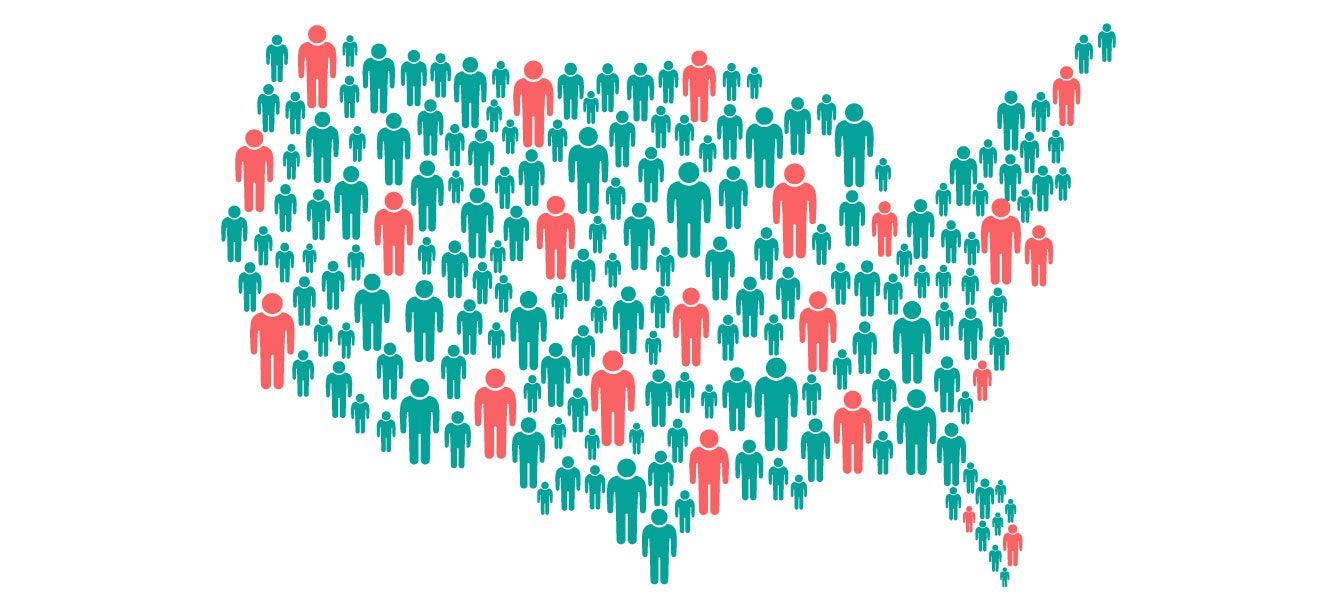Latest Census Bureau Data Shows Americans 65+ Only Group to Experience Increase in Poverty

Contact
Simona Combi
Public Relations Manager
571-527-3982
simona.combi@ncoa.org
Arlington, VA (September 13, 2022) — The following is a statement from Ramsey Alwin, president and CEO of NCOA, on the latest U.S. Census Bureau data on poverty, income, and health insurance in 2020.
“We are deeply dismayed to see that poverty increased among Americans age 65 and older from 8.9% in 2020 to 10.3% in 2021, according to the latest U.S. Census Bureau data. In fact, older adults are the only age segment that experienced an increase. The result is 1 million more older adults who rely on scarce resources to make ends meet. In total, almost 6 million older adults live below the poverty level. At the National Council on Aging, our goal is to ensure that every person can age with dignity.'
This increase shines a glaring spotlight on the fact that Social Security and Medicare, the bedrock of retirement security for so many, are not sufficient to lift all older adults above poverty."
"We know this all too well from our work with community organizations that enroll older adults in benefits to help them defray the high—and true—cost of living as we age.
“Inflation is at a persistently high rate of 8.3%, but that is only one hit to older adults’ budgets. The Elder Index, which measures their true cost of living, shows that it costs about $1,000 more for an older adult to afford daily costs (with housing and health care taking the biggest chunk) than the average Social Security retirement benefit, which was $1,670 per month in January. That’s why we are advocating for adoption of the Elder Index to establish eligibility for benefits.
“It is promising to see that the official poverty rate decreased by over half for people under age 18 since 1993, according to a new analysis. That’s a testament to the power of the safety net, which was the biggest factor in this decline. This will help younger Americans lead healthy, productive lives, and age with dignity.
“We have the resources to ensure that all people can live without the threat of deprivation, but we need the political will to use them.”
About NCOA
The National Council on Aging (NCOA) is the national voice for every person’s right to age well. Working with thousands of national and local partners, we provide resources, tools, best practices, and advocacy to ensure every person can age with health and financial security. Founded in 1950, we are the oldest national organization focused on older adults. Learn more by following us at @NCOAging.